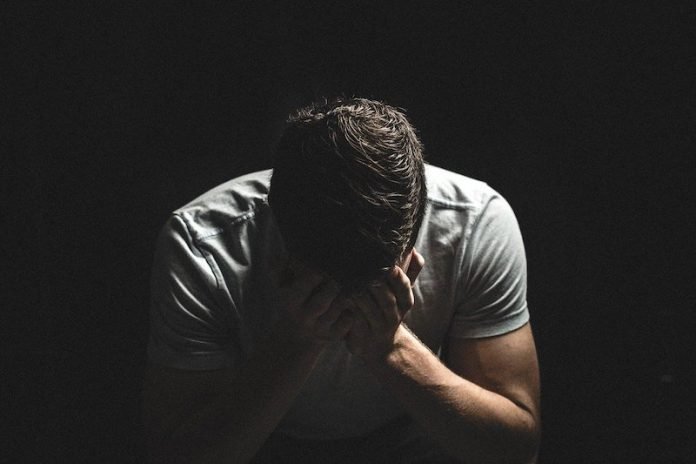
A recent study from La Trobe University and elsewhere completed a review of contemporary epidemics and pandemic research to see the impact of COVID-19 on mental health.
It found an increase in psychosis as a result of COVID-19. The psychosis is linked to viral exposure, pre-existing vulnerability, and psychosocial stress.
The review also found that people with psychosis may present a major challenge and potential infection control risk to clinical teams working with them.
The study is published in Schizophrenia Research. One author is Orygen research fellow Dr. Ellie Brown.
COVID-19 is a very stressful experience for everyone, particularly those with complex mental health needs.
Psychosis, and first episodes of psychosis, are commonly triggered by substantial psychosocial stresses.
In the study, the team looked at published research on viruses such as MERS, SARS, swine influenza and other influenzas that have occurred in the past 20 years, to examine if there was any connection to how these viruses might impact people with psychosis.
They found that their thoughts around contamination and their understanding of concepts such as physical distancing may be different from the wider population.
In addition, psychotic symptoms, such as hearing voices, may occur in a small number of people with COVID-19.
Maintaining infection control procedures when people are psychotic is challenging.
In order for them not to become potential transmitters of the virus, clinicians and service providers may benefit from specific infection control advice to mitigate any transmission risk.
The team says that although mental health disorders such as depression and anxiety were important to focus on during the COVID-19 pandemic, the community needed to be aware that the smaller but more severe spectrum of mental health conditions could be impacted as well.
Copyright © 2020 Knowridge Science Report. All rights reserved.



